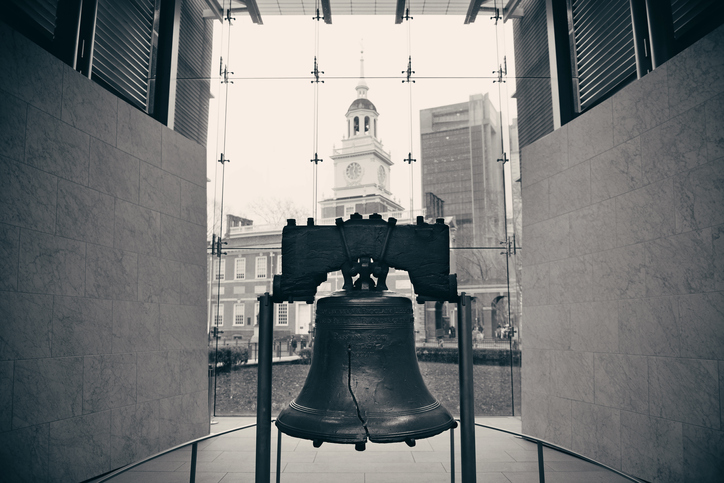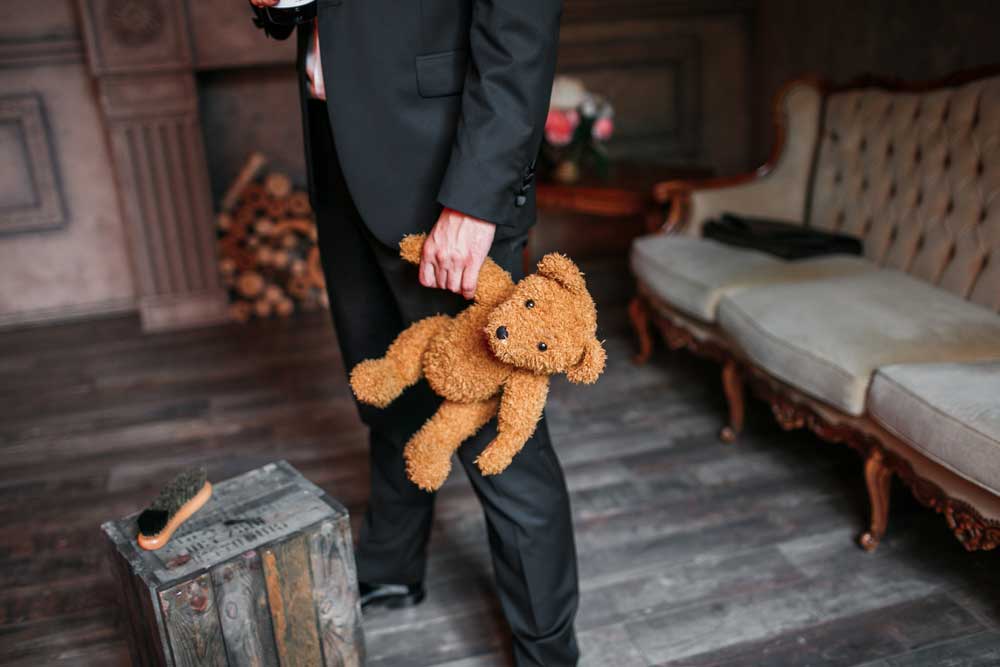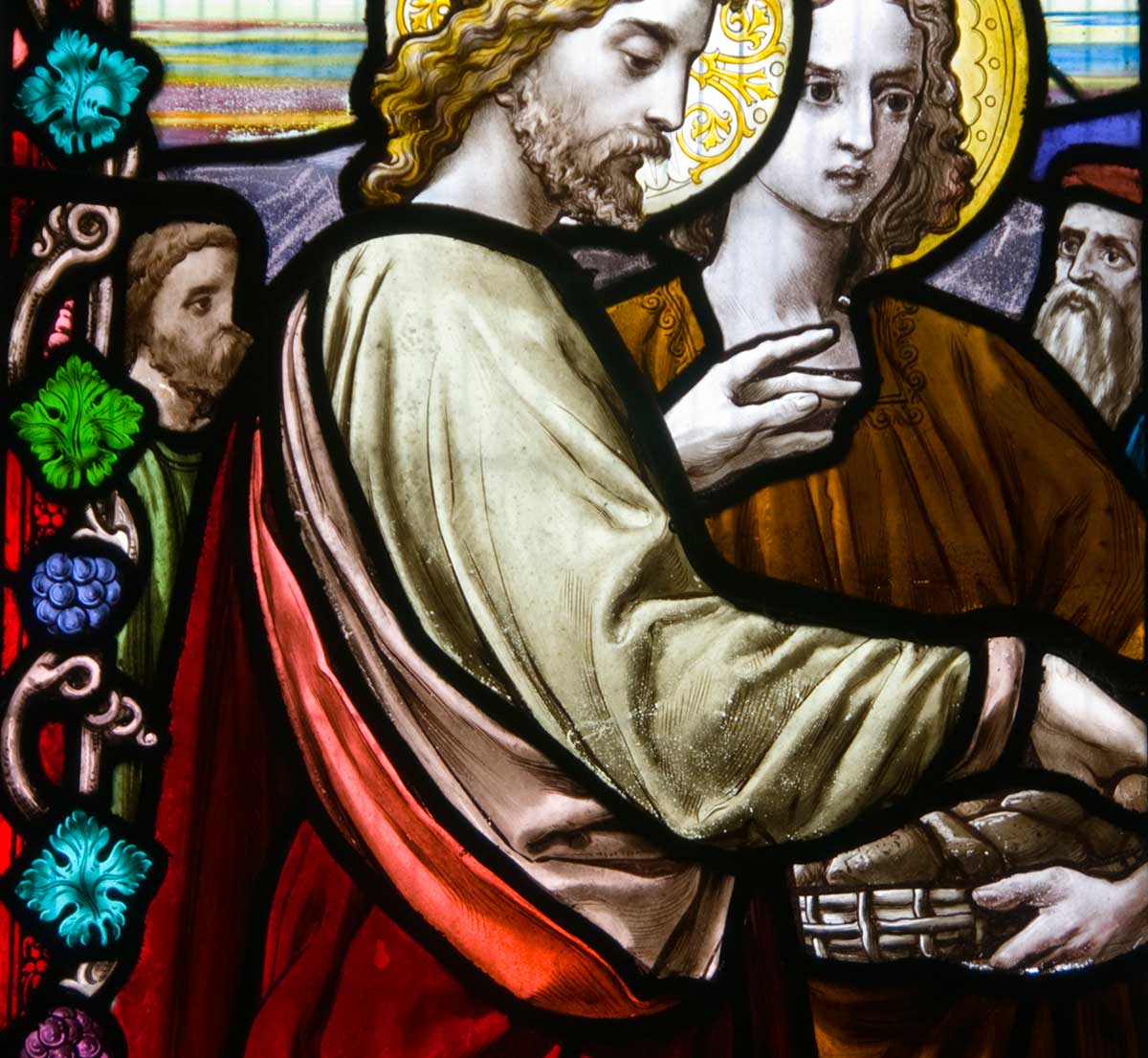Wise Blood
Reflections on Modern Women & the Levitical Laws of Ritual Purity
by Marilyn Prever
When I was eleven years old, the news went around among the girls in our class that one girl had “gotten her period.” In those days that was unusually young, and we all gathered around, with much giggling, to talk to the celebrity. Our mothers had told us it meant “becoming a woman,” and we had an idea it was something rather grand and uplifting: In one day, in the twinkling of an eye, we would no longer be children but grown women, able to bear children.
“What was it like?” we asked.
“A bloody mess!” she replied, shocking us all.
Of course we knew it involved blood—our mothers had either talked to us or given us one of those booklets put out by the sanitary napkin companies, with the neat little diagrams of the female reproductive system and the cool assurances about how wonderful and “natural” it all was, and that if you should run into any difficulties, medical science and the Kotex Company were there to help.
When my own turn came, I discovered that not only was it a bloody mess, but that it involved pain, disability, and a level of inconvenience that meant the end of my carefree childhood forever. I was furiously angry and resentful—boys didn’t have to go through this! Unfair, unfair! And I wasn’t very impressed with the power of medical science and the Kotex Company either, which could offer no help at all for my severe dysmenorrhea except the suggestion (fashionable among doctors at the time) that the cause of any pain was the girl’s rejection of her womanhood.
Our mothers were right (they usually are): The pain, the mess, the disability was the sign of our womanhood. It was a great privilege, being able to bear children, but it also entailed our share in the curse on Eve. Of course in my modern, secular family we didn’t speak of curses, and certainly not of Eve, except in flippant allusions to apples and serpents. We were Jewish and proud of it, but we had no use for the Jewish religion, especially ugly, outdated customs like the mikvah (ritual baths) where observant women went to be washed of their monthly uncleanness. I had even heard that women were not allowed to touch the Torah scrolls, ever, just in case they might be bleeding. How lucky I was not to have been born in Eastern Europe, in the shtetls of Russia and Lithuania where my grandparents came from, cut off from the modern world and condemned to narrowness and irrational taboos.
So here I am, all grown up and very happily at home in the narrow, taboo-ridden Catholic Church, with its foundation in biblical Judaism, and not even one of those “cafeteria Catholics” but a glatt kosher one—strictly kosher, as the Yiddish signs said on the restaurants in my old neighborhood in Brooklyn. How could a child of the Enlightenment come to such a pass?
The Problem
What I would like to explore here is the repugnance that modern Christian women often feel on encountering the Old Testament teaching about women and “uncleanness.” I would like to share my discovery that there is an alternative to what I had thought of as two equally impossible ways of approaching the subject: the modern scientific one, good and helpful in its way but in the end superficial (the world of the booklets with the diagrams); and the supposedly barbaric and misogynistic traditional one.
Marilyn Prever (marilyn.prever@myfairpoint.net) is a retired homeschool teacher, mother and grandmother of a large family, whose articles have appeared in Homiletic & Pastoral Review, New Oxford Review, Second Spring, and other publications. She lives in Claremont, New Hampshire, with her family, and they worship at St. Joseph's Catholic Church.
subscription options
Order
Print/Online Subscription

Get six issues (one year) of Touchstone PLUS full online access including pdf downloads for only $39.95. That's only $3.34 per month!
Order
Online Only
Subscription

Get a one-year full-access subscription to the Touchstone online archives for only $19.95. That's only $1.66 per month!
bulk subscriptions
Order Touchstone subscriptions in bulk and save $10 per sub! Each subscription includes 6 issues of Touchstone plus full online access to touchstonemag.com—including archives, videos, and pdf downloads of recent issues for only $29.95 each! Great for churches or study groups.
Transactions will be processed on a secure server.
more from the online archives
calling all readers
Please Donate
"There are magazines worth reading but few worth saving . . . Touchstone is just such a magazine."
—Alice von Hildebrand
"Here we do not concede one square millimeter of territory to falsehood, folly, contemporary sentimentality, or fashion. We speak the truth, and let God be our judge. . . . Touchstone is the one committedly Christian conservative journal."
—Anthony Esolen, Touchstone senior editor










